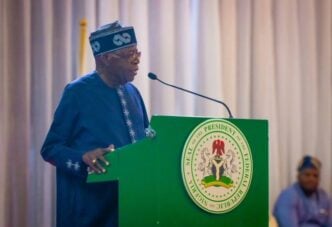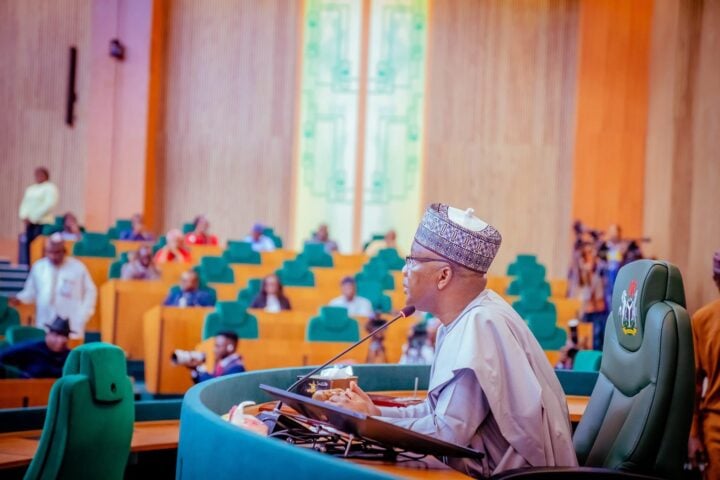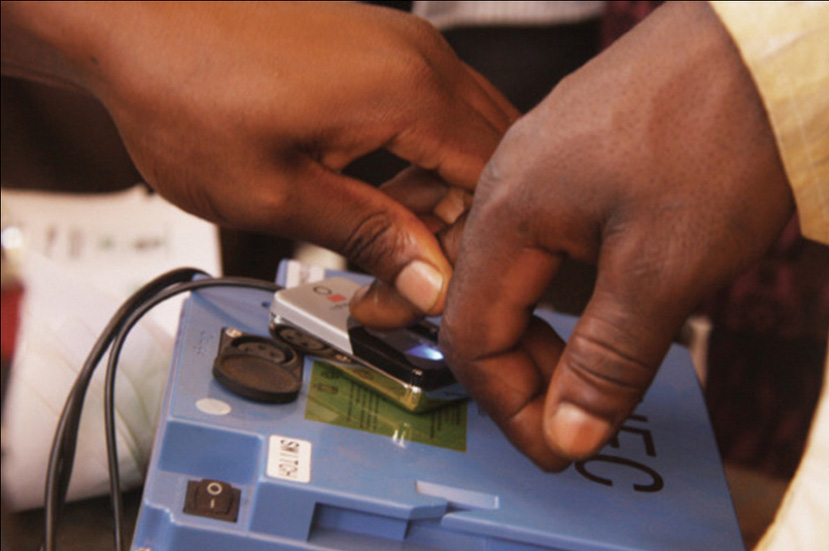A file photo of food truck
SB Morgen (SBM) Intelligence, an Africa-focused consulting firm, says the rising death toll of farmers has worsened Nigeria’s food insecurity crisis.
In its report, ‘An August Nightmare: Accessing the Early Days of the #EndBadGovernance Protests in Nigeria’, the SBM said insecurity is the second largest challenge farmers face, following the poor condition of Nigeria’s roads.
The consulting firm said although hunger and economic hardships impact the entire country, they are considerably more severe in the north.
“This region, identified by most available data as having the most insecure states, bears the brunt of these hardships,” SBM said.
Advertisement
“Bandits and kidnappers have taken over large swathes of territory in the Northwest and Central regions.
“The North has suffered more kidnappings between July 2023 and June 2024, with more than ten times as many kidnap victims as the South.
“As the area that supplies the country with its agricultural needs, its farmers have been subjected to multiple taxation by bandit warlords operating in rural areas.
Advertisement
“In early 2024, SBM found that no less than N139 million was paid as farm levies (including planting and harvesting) to bandits who demanded at least N224 million across the North between 2020 and 2023. In the same period leading up to June 2024, at least 1,356 farmers were killed across the country, with most of the killings occurring in the North.
“These illegal tolls have made it difficult for farmers to access their farms and added to the mounting food insecurity exacerbated by factors such as an unstable currency.
“Farmers’ concerns and warnings about insecurity date back years before the current protests.”
SBM said insecurity has significantly impacted people’s daily lives, leading to widespread protests and further complicating Nigeria’s already fragile security situation.
Advertisement
On August 1, protests against hunger, poor governance, and economic hardship broke out across states in Nigeria.
The protesters called for the reversal of President Bola Tinubu’s policies — particularly the removal of petrol subsidy and exchange rate unification, –adjudged to have caused increased inflation — making essential commodities unaffordable.
The federal government had, on July 10, announced the suspension of duties, tariffs, and taxes on the importation of food commodities.
The move was part of the federal government’s measures to address the high food prices currently affecting the nation.
Advertisement
Part of the measures, according to the statement, is a 150-day duty-free import window for food commodities, which involves the suspension of duties, tariffs, and taxes for the importation of food commodities such as maize, husked brown rice, wheat, and cowpeas.
The measures were to be implemented for 180 days from the time of announcement.
Advertisement
In addition, Vice-President Kashim Shettima, on July 12, inaugurated the presidential food systems coordination unit (PFSCU) to address food insecurity in the country.
Advertisement
Add a comment







